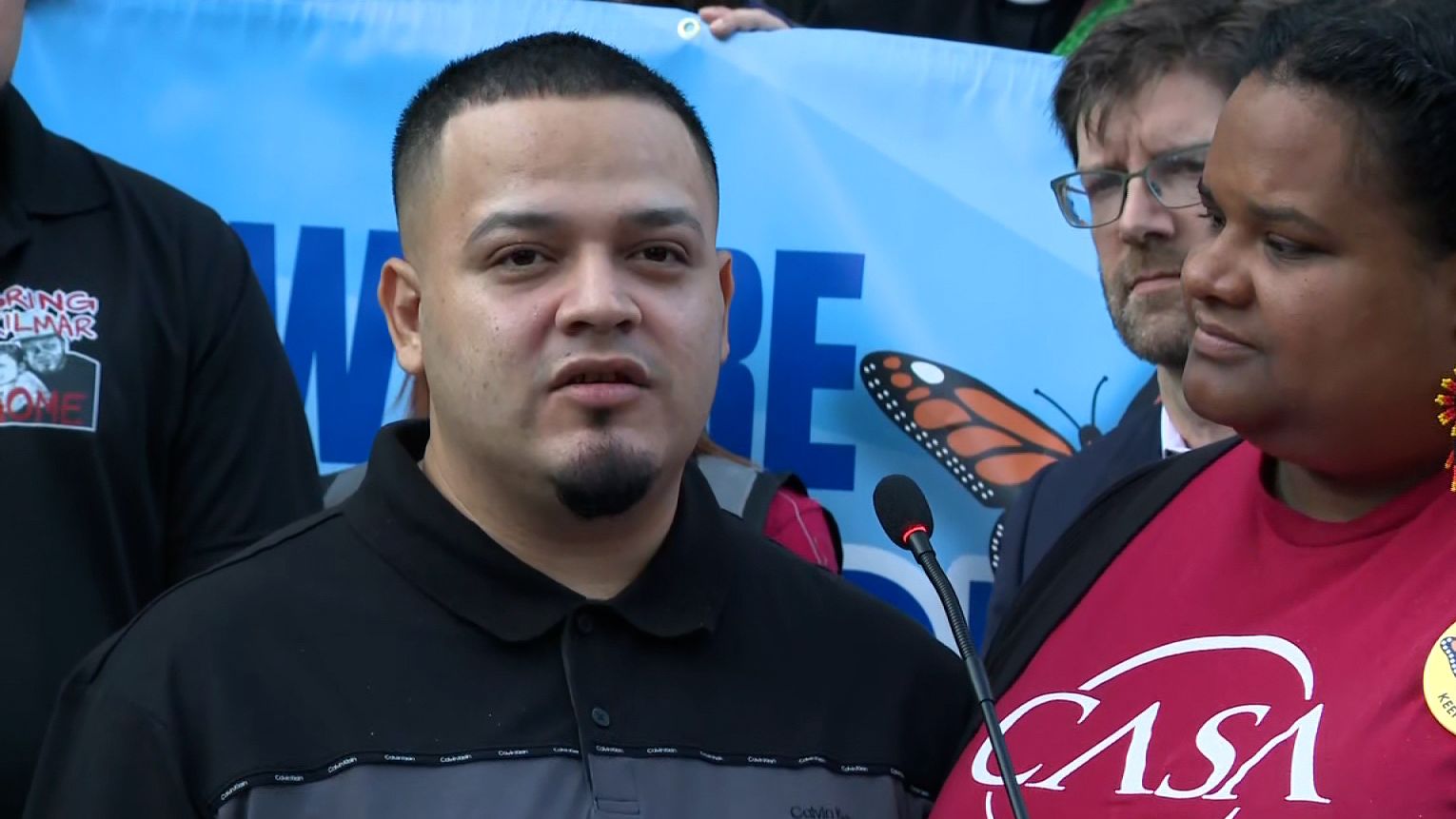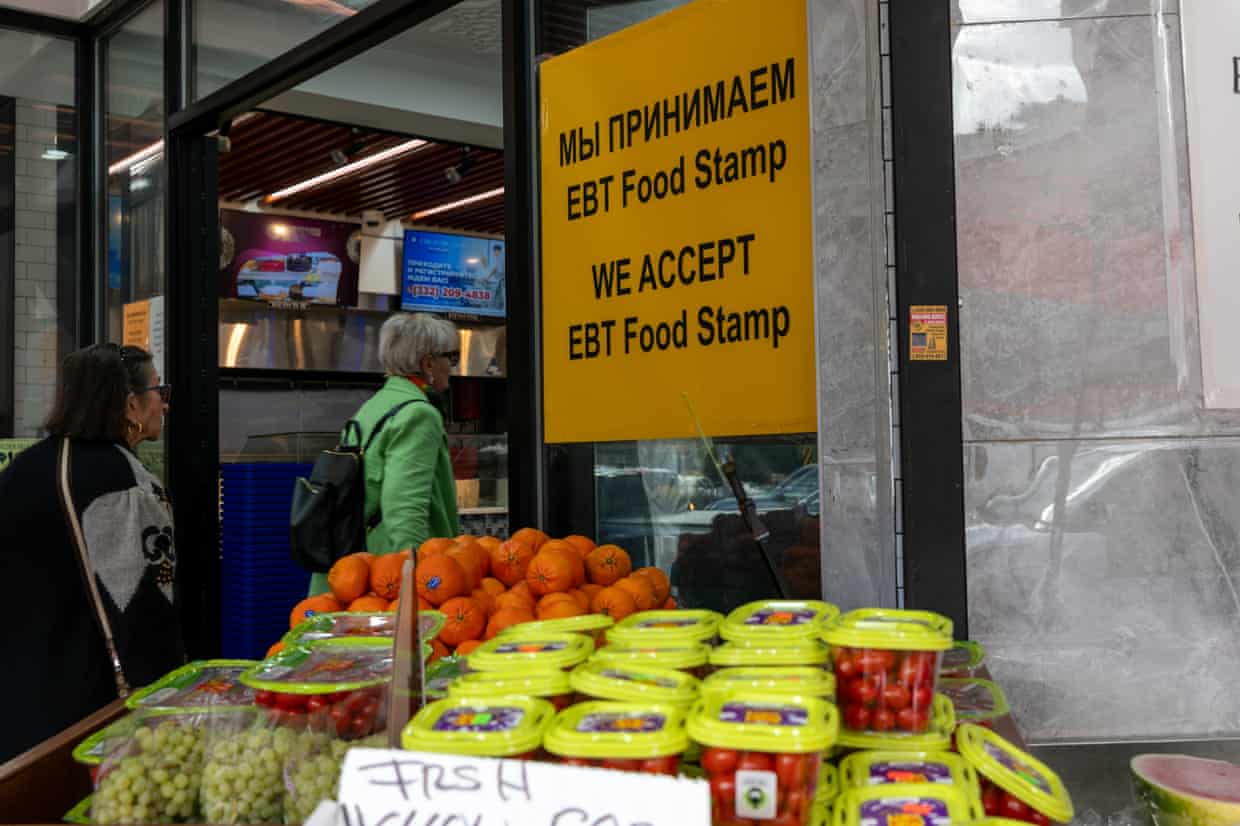
Judge to require that Kilmar Abrego Garcia remain in the US while he challenges deportation to Uganda
Entities mentioned:
- Kilmar Abrego Garcia: Justice, Self-preservation, Freedom
- Judge Paula Xinis: Justice, Duty, Professional pride
- Trump administration: Control, Power, Determination
- US Immigration and Customs Enforcement (ICE): Duty, Control, Security
- Lydia Walther-Rodriguez (CASA): Justice, Moral outrage, Advocacy
- Simon Sandoval-Moshenberg: Justice, Professional pride, Duty
- Sen. Chris Van Hollen: Justice, Duty, Advocacy
Article Assessment:
Credibility Score: 75/100
Bias Rating: 40/100 (Lean Left)
Sentiment Score: 35/100
Authoritarianism Risk: 30/100 (Generally Democratic)
Bias Analysis:
The article leans slightly left, giving more space to perspectives sympathetic to Abrego Garcia and critical of the Trump administration. However, it does include factual information about the legal proceedings and some government perspectives, maintaining a degree of balance.
Key metric: Immigration Policy Effectiveness
As a social scientist, I analyze that this case highlights significant tensions in U.S. immigration policy and its implementation. The article portrays a complex legal battle involving multiple government entities and advocacy groups, centering on the rights of an individual facing deportation. The case of Kilmar Abrego Garcia exemplifies the challenges in balancing national security concerns with individual rights and due process. The involvement of a federal judge intervening in the deportation process suggests potential overreach or procedural issues within the immigration enforcement system. This case may have broader implications for immigration policy, potentially influencing future legal precedents and public perception of the immigration system's fairness and effectiveness.

Trump law will cut food stamps for 2.4 million people as work rules widen
Entities mentioned:
- Donald Trump: Power, Control, Influence
- Republican lawmakers: Righteousness, Fiscal responsibility, Control
- Congressional Budget Office (CBO): Duty, Professional pride, Objectivity
- Food Research & Action Center: Justice, Moral outrage, Advocacy
- Robert F Kennedy Jr: Righteousness, Public health, Control
Article Assessment:
Credibility Score: 75/100
Bias Rating: 40/100 (Lean Left)
Sentiment Score: 30/100
Authoritarianism Risk: 45/100 (Mixed/Neutral)
Bias Analysis:
The article leans slightly left in its framing, emphasizing the negative impacts of the policy on vulnerable populations. While it includes data from the non-partisan CBO, the selection of quotes and perspectives tends to be critical of the policy changes.
Key metric: Poverty Rate
As a social scientist, I analyze that this policy change will likely increase the poverty rate in the United States. The expansion of work requirements for SNAP benefits to include parents, older adults, and veterans will result in 2.4 million fewer Americans receiving food assistance. This reduction in benefits disproportionately affects lower-income households, potentially pushing more families into food insecurity and poverty. The CBO's estimate that resources will decrease for households at the bottom of the income distribution while increasing for middle and higher-income households suggests a widening of income inequality. This policy shift may lead to increased strain on local food banks and other social services, potentially offsetting any federal savings with increased costs at the state and local levels. The long-term consequences could include negative impacts on public health, child development, and economic mobility for affected families.

2.4 million people expected to lose food stamps after Trump agenda law broadened work requirements, CBO says
Entities mentioned:
- Republican lawmakers: Righteousness, Fiscal responsibility, Control
- President Donald Trump: Power, Legacy, Influence
- Congressional Budget Office: Duty, Professional pride, Obligation
- Food Research & Action Center: Justice, Moral outrage, Advocacy
- Justin Wolfers: Professional pride, Influence, Obligation
Article Assessment:
Credibility Score: 75/100
Bias Rating: 40/100 (Lean Left)
Sentiment Score: 30/100
Authoritarianism Risk: 45/100 (Mixed/Neutral)
Bias Analysis:
The article leans slightly left, emphasizing the negative impacts on low-income groups and quoting left-leaning sources. However, it also includes factual data from the CBO and presents some counterarguments, maintaining a degree of balance.
Key metric: Poverty Rate
As a social scientist, I analyze that this article highlights significant changes to social welfare programs, particularly SNAP (food stamps) and Medicaid, due to new work requirements. These changes are projected to reduce the number of beneficiaries and potentially increase poverty and food insecurity among vulnerable populations. The CBO's analysis suggests that while the law aims to promote work, it may disproportionately impact low-income families, potentially exacerbating income inequality. The projected increase in uninsured Americans and reduction in food assistance could lead to poorer health outcomes and increased economic stress for affected households, potentially increasing the poverty rate.